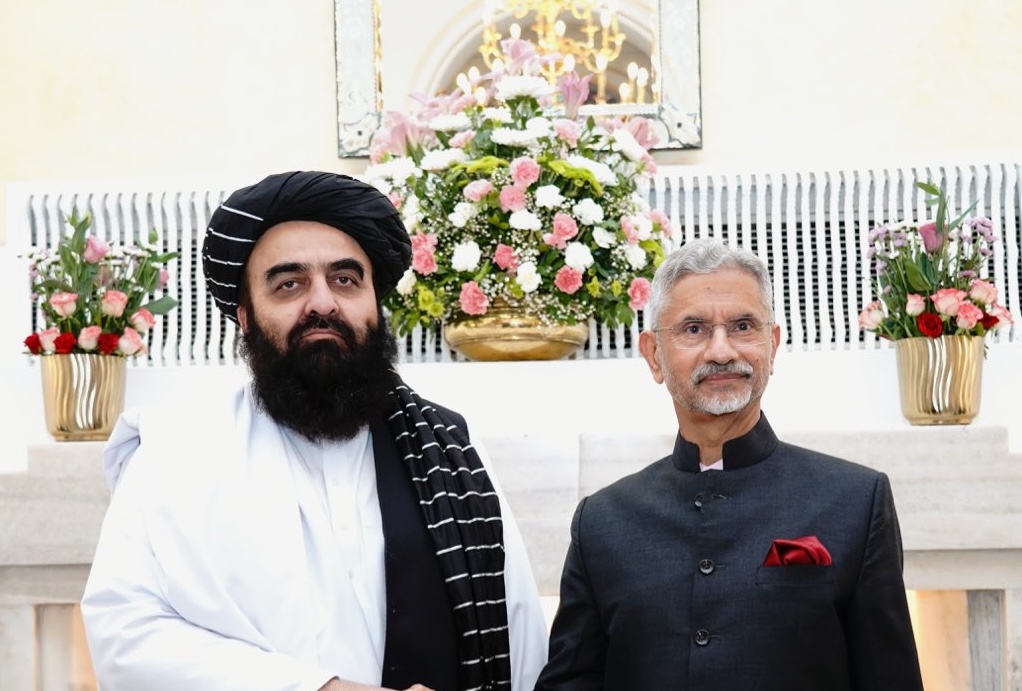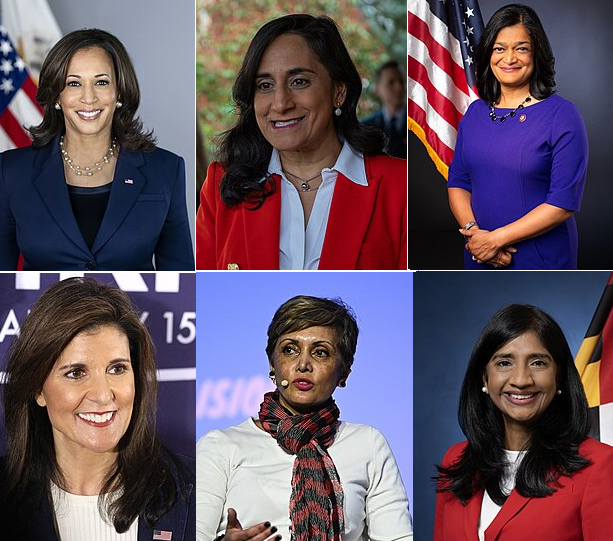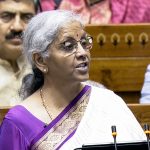Throughout the trip MPs Angela Rayner and Navendu Mishra built the foundations for stronger future economic relations.
The Shadow Deputy Prime Minister Angela Rayner MP and Navendu Mishra MP visited India in February to strengthen relations between Britain’s official opposition party Labour, and Indian business, faith, community and political leaders. During the trip the Labour delegation – which also included Councillor Vimal Choksi of Tameside Council – visited New Delhi, Ahmedabad in Gujarat, and Agra in Uttar Pradesh. The visit was organised by the Labour Convention of Indian Organisations, which continues to strengthen Labour Party’s relationship with the British Indian diaspora.

The trip provided several important opportunities for the Labour delegation to meet political leaders at a provincial and national level. Rayner and Mishra visited Upa-Rashtrapati Niwas where they met the Vice-President of India Jagdeep Dhankhar. During the Raisina Dialogue, they met Minister Jaishankar, the Minister of External Affairs for India. At this event they discussed the importance of meaningful engagement with India and the broader IndoPacific region with other regional partners such as Matt Keogh, the Australian Labor MP and Minister for Veterans’ Affairs. A visit to the Sabarmati Ashram in Ahmedabad served as a reminder of Mahatma Gandhi’s life mission and those of others who have fought a similar struggle. In Delhi the MPs also met leaders from the opposition party, the Indian National Congress.

Throughout the trip Rayner and Mishra built the foundations for stronger future economic relations. At a roundtable with business leaders from the Federation of Indian Chambers of Commerce and Industry the Labour delegation engaged with business leaders from across India and strengthened economic ties which will be crucial in delivering secure, well-paying jobs in both nations. They were also hosted by the UK India Business Council to discuss the UK-India economic partnership in greater detail and expand on the huge opportunity which India presents for British companies. In Gujarat, they also met with Zydus Life Sciences to learn about pharmaceutical production in India, and recent Indian pharmaceutical investments in Britain. In all these meetings, the Labour delegation built on Labour Leader Sir Keir Starmer’s commitment to put trade relations with India at the heart of future economic growth.

Women’s empowerment was another important goal of the trip. In her speech at the Raisina Dialogue conference, Angela Rayner called for future economic collaboration between Britain and India to follow the lead of recent Indian policies, and prioritise women’s economic empowerment going forwards. The delegation also met Smriti Irani, the Minister of State for Women and Children and Minority Affairs.

The Labour delegation also visited a large renewable energy initiative, the Dholera solar park, a five gigawatt solar power project being developed in two phases in Gujarat. This is one part of a larger expansion in the output of green energy throughout India, boosting both sustainability and economic output. This visit was insightful for leaders of Labour, whose Green Prosperity Plan will achieve a similar transformation in Britain. The Labour delegation also visited the Akshardham Temple in New Delhi.

A major place of worship, the Temple is dedicated to devotion, learning and harmony. A similar visit took them to the iconic Mughal-era Mausoleum in Agra, the Taj Mahal, which houses a significant Mosque. The delegation also visited the Gurudwara Bangla Sahib, one of the most prominent Sikh temples of worship in New Delhi. The Labour MPs also met with the Bohra community in Ahmedabad as part of engagement with faith communities.

These delegations will help the Labour leadership to understand the global connections and faith commitments felt by many among the almost 1.8 million people of Indian heritage in Britain, and will be vital as Labour seeks to better represent all of the UK’s diverse communities. This is especially given Angela Rayner MP’s responsibility for faith and community, which form important parts of her policy brief of levelling up, housing and communities.






















